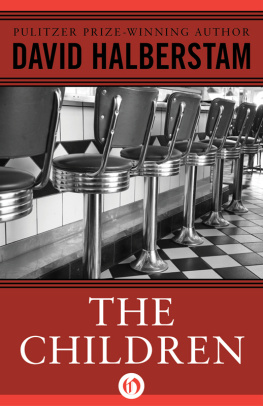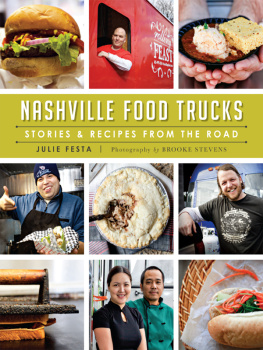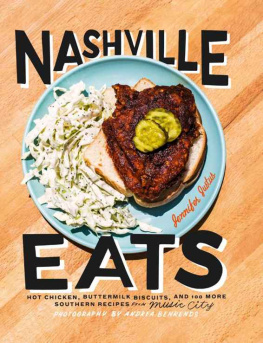THE NASHVILLE WAY
Racial Etiquette and the Struggle for Social Justice in a Southern City
BENJAMIN HOUSTON
2012 by the University of Georgia Press
Athens, Georgia 30602
www.ugapress.org
All rights reserved
Set in Minion Pro by
Graphic Composition, Inc., Bogart, Georgia.
Printed digitally in the United States of America
Library of Congress Cataloging-in-Publication Data
Houston, Benjamin.
The Nashville way : racial etiquette and the struggle
for social justice in a southern city/
Benjamin Houston.
p. cm. (Politics and culture in the twentieth-century South)
Includes bibliographical references and index.
ISBN-13 : 978-0-8203-4326-6 (hardcover : alk. paper)
ISBN-10 : 0-8203-4326-9 (hardcover : alk. paper)
ISBN-13 : 978-0-8203-4327-3 (pbk. : alk. paper)
ISBN-10 : 0-8203-4327-7 (pbk. : alk. paper)
1. Nashville (Tenn.)Race relations. 2. African Americans
TennesseeNashville. I. Title.
F444.N29N44 2012
305.896 076855dc23 2012008404
British Library Cataloging-in-Publication Data available
ISBN for this digital edition : 978-0-8203-4328-0
TO
ROBERT J. HOUSTON
AND
EVELYN YURCISIN HOUSTON
ACKNOWLEDGMENTS
This book has been with me for a long time and through a lot of changes. There are tons of people to thank, personally and professionally.
I gratefully acknowledge the financial support that underwrote major parts of the research and writing of this book. The McLaughlin Grant from the College of Liberal Arts and Sciences, University of Florida, was absolutely critical in providing a summer of intensive research in Nashville. A Dissertation Writing Fellowship from the Louisville Institute was similarly significant in allowing concentrated energy and attention to completing the first draft. Smaller but valuable grants from the Southern Baptist Library and Archives, Emory University, and Georgia State University, plus the John F. Kennedy and Lyndon B. Johnson presidential libraries, permitted me to explore important research angles. The Center for Africanamerican Urban Studies and the Economy (CAUSE) at Carnegie Mellon University generously supported my ongoing research agenda, as has Newcastle University. I also thank folks at Edinburgh, Sunderland, and Cambridge Universities for chances to present my work and talk through my findings. Similarly, Im grateful to the staff and fellows at Harvard Universitys W. E. B. Du Bois Institute, sponsor of the National Endowment for the Humanities Summer Institute on civil rights, for a month of intensive thinking and study. All created tremendous opportunities for me.
I would also like to acknowledge those in Nashville who were incredibly supportive. George Barrett welcomed me with dozens of stories and insights, and I thank him for his boundless generosity (and for the cigars). Don Doyle and Marjorie Spruill graciously opened their home during a summer of research, making an immense difference during my Nashville jaunt. Pete Kuryla and Bob Hutton were especially fantastic in welcoming me to the city, talking shop and hilarious nonsense in equally entertaining measure. And I am most appreciative of those who were agreeable to being interviewed or pointed me in new directions. Similarly, I cannot thank enough all the fantastic archivists who rolled up their sleeves and helped a rookie researcher immerse myself in Nashvilles documentation. I particularly am grateful to Kathy Smith and Teresa Gray at Vanderbilt, Beth Howse at Fisk, Ken Fieth at the Nashville Metro Archives, Kathy Bennett and Sue Loper at the Nashville Public Library, and Chris Harter at Amistad Research Center. Beth Odle at the Nashville Public Library was particularly patient in helping me find the right photos for this book.
In direct and indirect ways, the driving interest in this book first stirred at Rhodes College. Tim Huebner saw something and worked indefatigably for my sake more than his, and I thank him for the belief. Russ Wigginton gave me a first peek at the civil rights movement; he and Doug Hatfield gave sage advice freely. Even before that, I carried a bit of Paul Hammocks and Doreen Uhas-Sauers influence on me wherever I went, and still dothank you for what you did. As a dissertation, this project was birthed at the History Department at the University of Florida, where I had the great fortune of working with great people and scholar-teachers. Julian Pleasants is a good man and had my back in a number of ways. Roberta Peacock looked after me in many different ways. Bert Wyatt-Brown, Fitz Brundage, and Jack Davis were very good role models for me in various ways, and I thank them for their energy and support. And special thanks especially to mate and tireless mentor, Brian Ward.
Im also grateful for all the UF gang : Jenny, Jace and Shannon, Craig and Amanda, Sonya and Barclay, Carmen, Bud and Theodora, Jason, Mike, Tim, Kristin, Randall, Kim, Bryan, Dave, and Chrisgood times and fine people all the way around. Alan and Lynn were exceptional for their wisdom, caring, and hilarity, and triple thanks to Barclay for enduring all those damn e-mails. Professionally, I would also like to mention Wesley Hogan, Tony Badger, Ray Arsenault, Jane Dailey, Mike Foley, Bill Link, Ellie Shermer, Mike Ezra, Clive Webb, George Lewis and Liz Gritter for advice and good sense in varied capacities, as well as the good folks at the University of Georgia Press.
Working at the Carnegie Mellons Center for Africanamerican Urban Studies and the Economy was a tremendous first job. Thanks go to Joe Trotter, a fine man and consummate professional who taught me a lot. Im also grateful to Tera Hunter, Johanna Fernandez, Edda Fields-Black, John Soluri, Nancy Aronson, Allen Hahn, and Jared Day for welcoming me to the school and the profession. Similar thanks go to Kevin, Russell, Lisa, and the rest of the graduate students for their cheerful energy, with special appreciation to Kate Chilton and Alex Bennett for able research assistance. Lisa Hazirjian and Derek Musgrove were especially splendid comrades/colleagues/friends and, in the case of Gee, Derek, a sorry excuse for a beer drinker but a very fine voicemail leaver.
Shifting across the pond to teach in England has landed me among a lot of amazing people. Hot-water bottles were just the start from Martin Dusinberre, but now that Ive thanked him in print, I can stop checking my phone and he can stop killing me in squash. Saying thank you is simply inadequate for Joe Street, Martin F., Felix, Xavier, Asuka, Susan-Mary, Carolyn, Lorenzo, Matt, Monica, Alex, Sam, Claudia, Joan, Tim, Samiksha, Di, Kate, Mike, David, and Scott, but I hope they know that I mean it. Thanks also to the Friday footy crew for enduring my sad attempts at being a striker and for the ales afterward. Now that the book is done, I can safely exhort : Long live Big W!



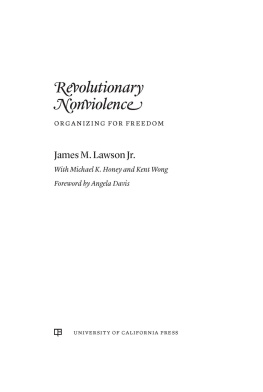
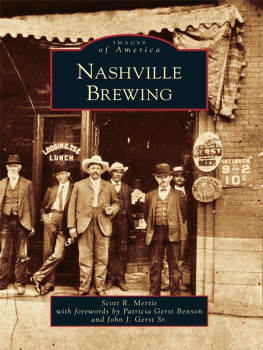
![Linda Romine - Frommers Nashville & Memphis [2012]](/uploads/posts/book/215328/thumbs/linda-romine-frommer-s-nashville-memphis-2012.jpg)
